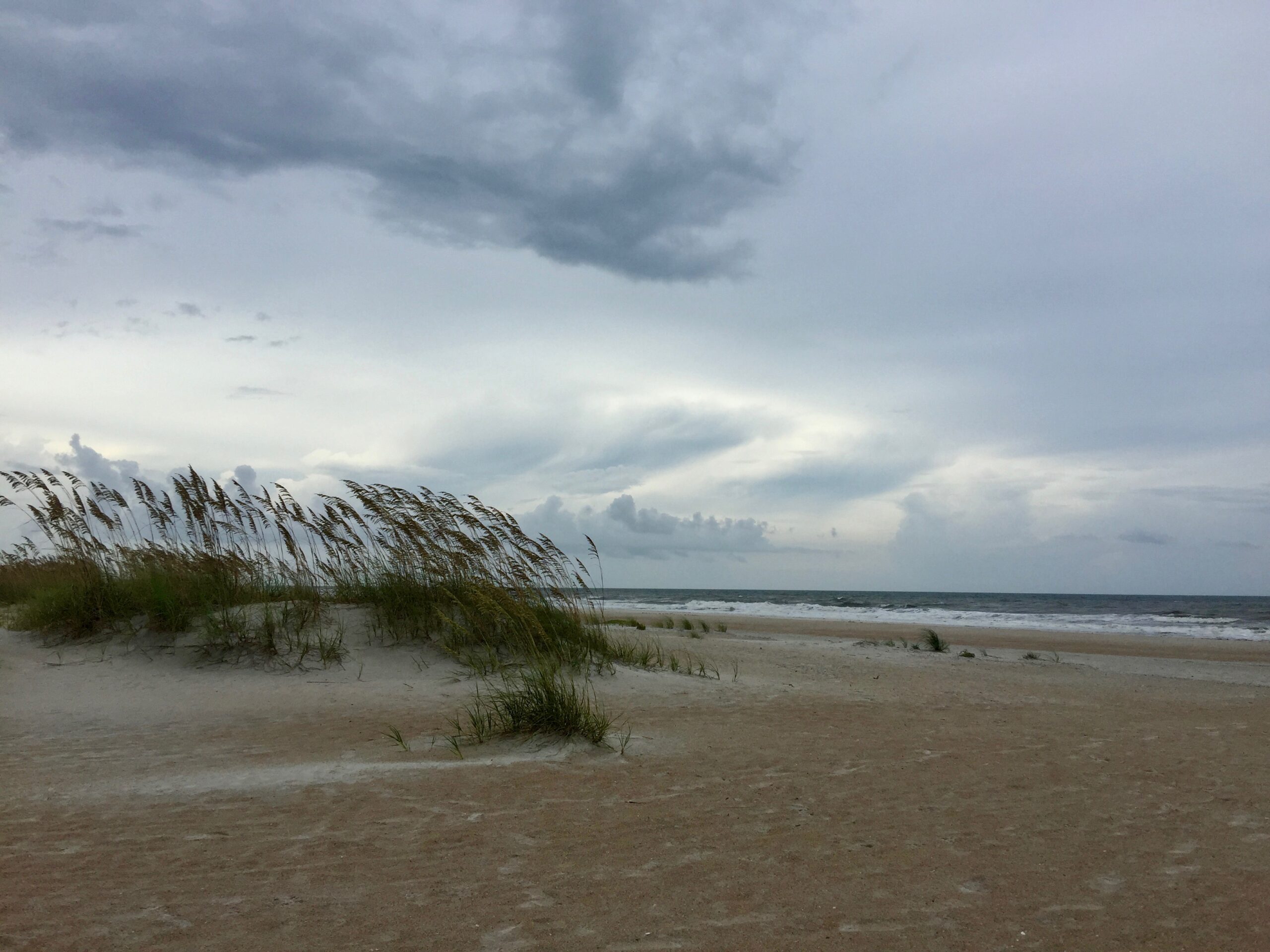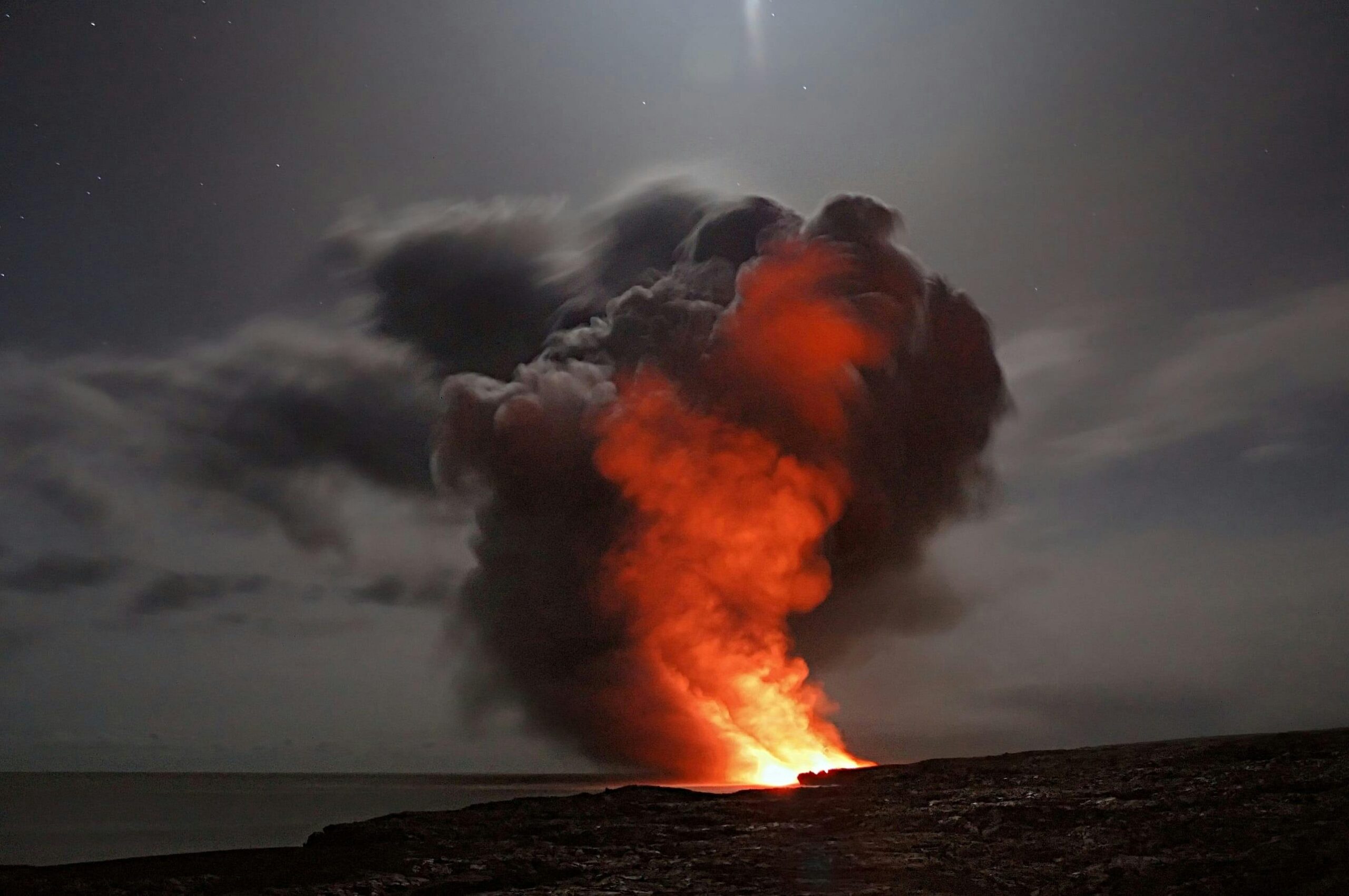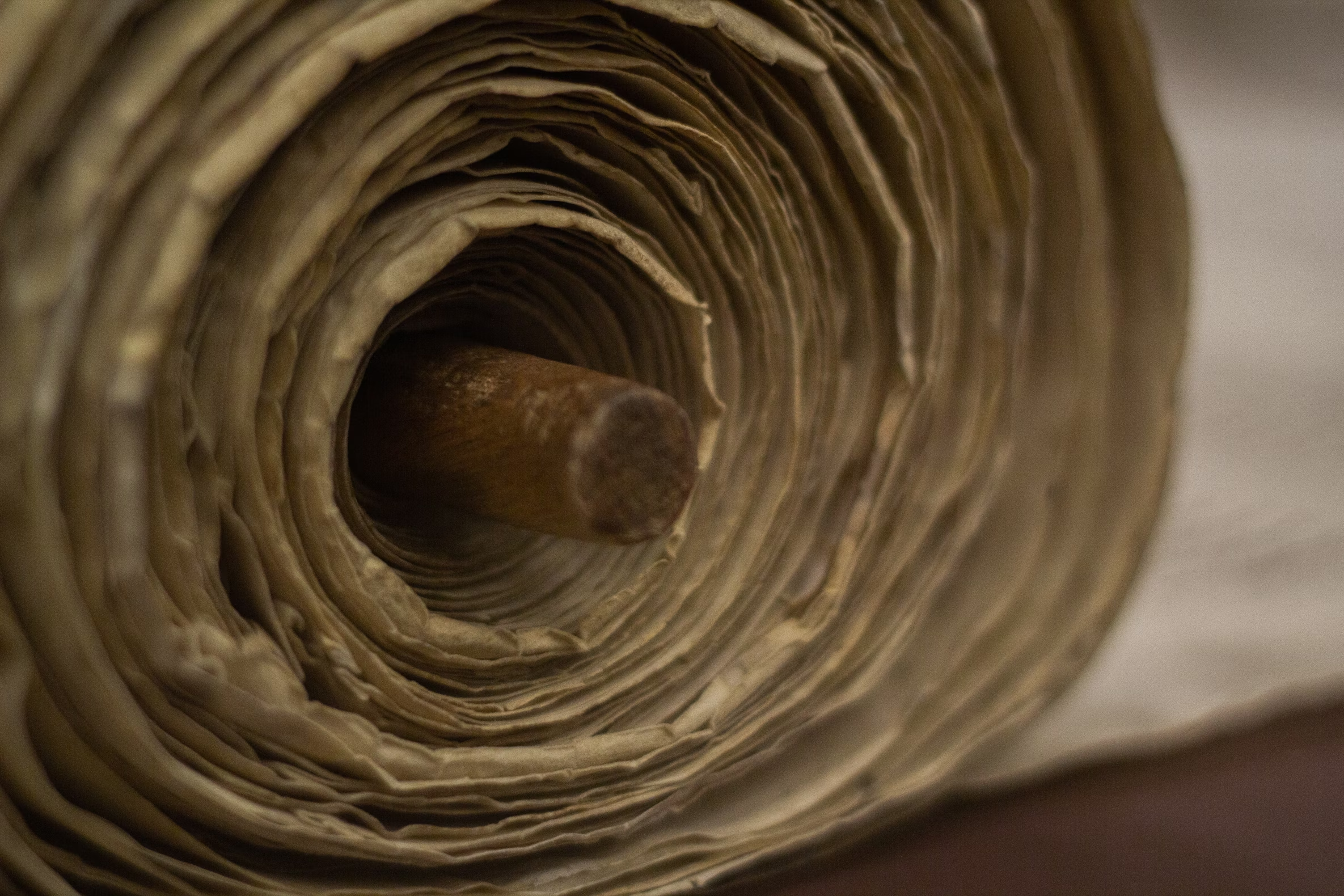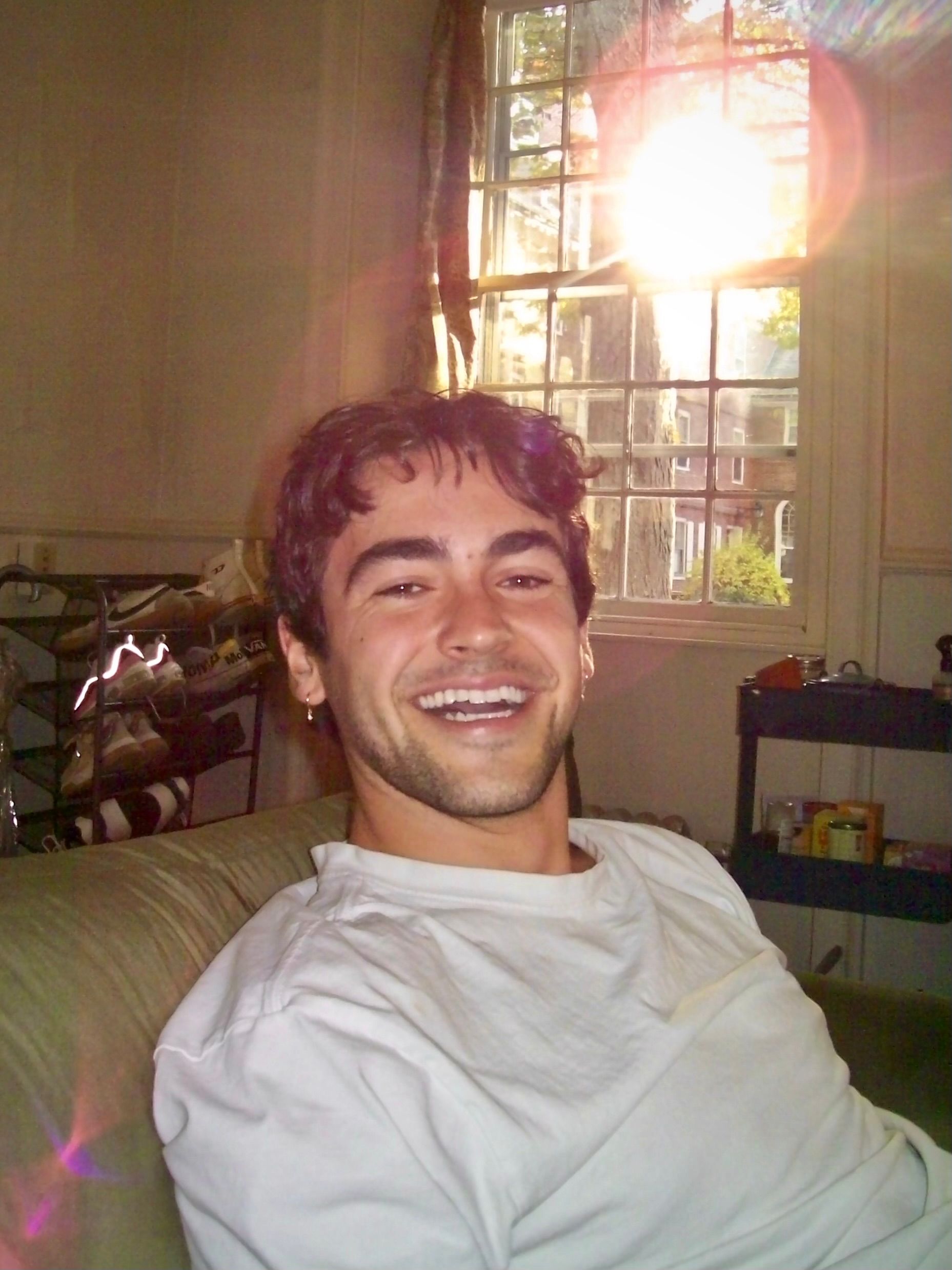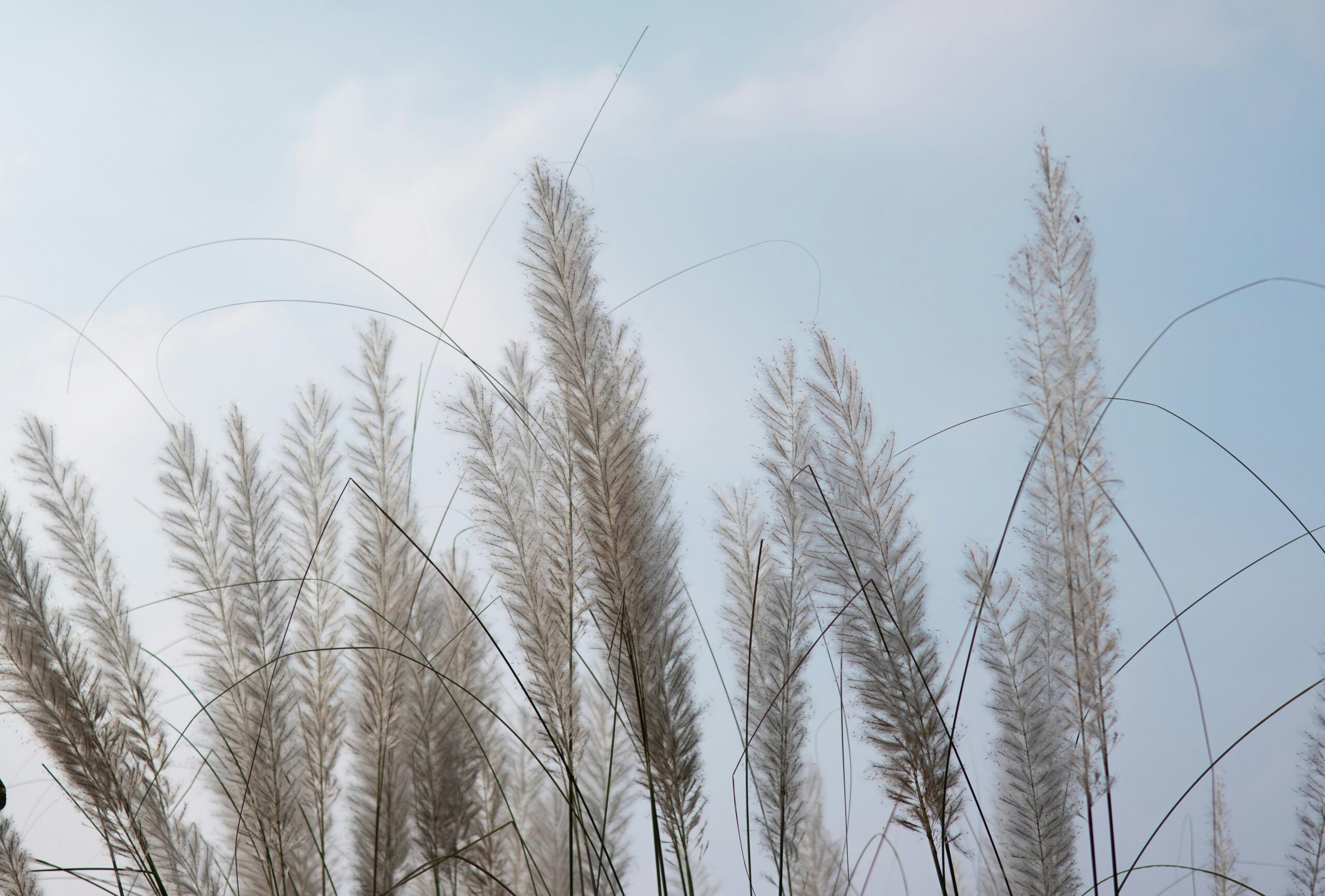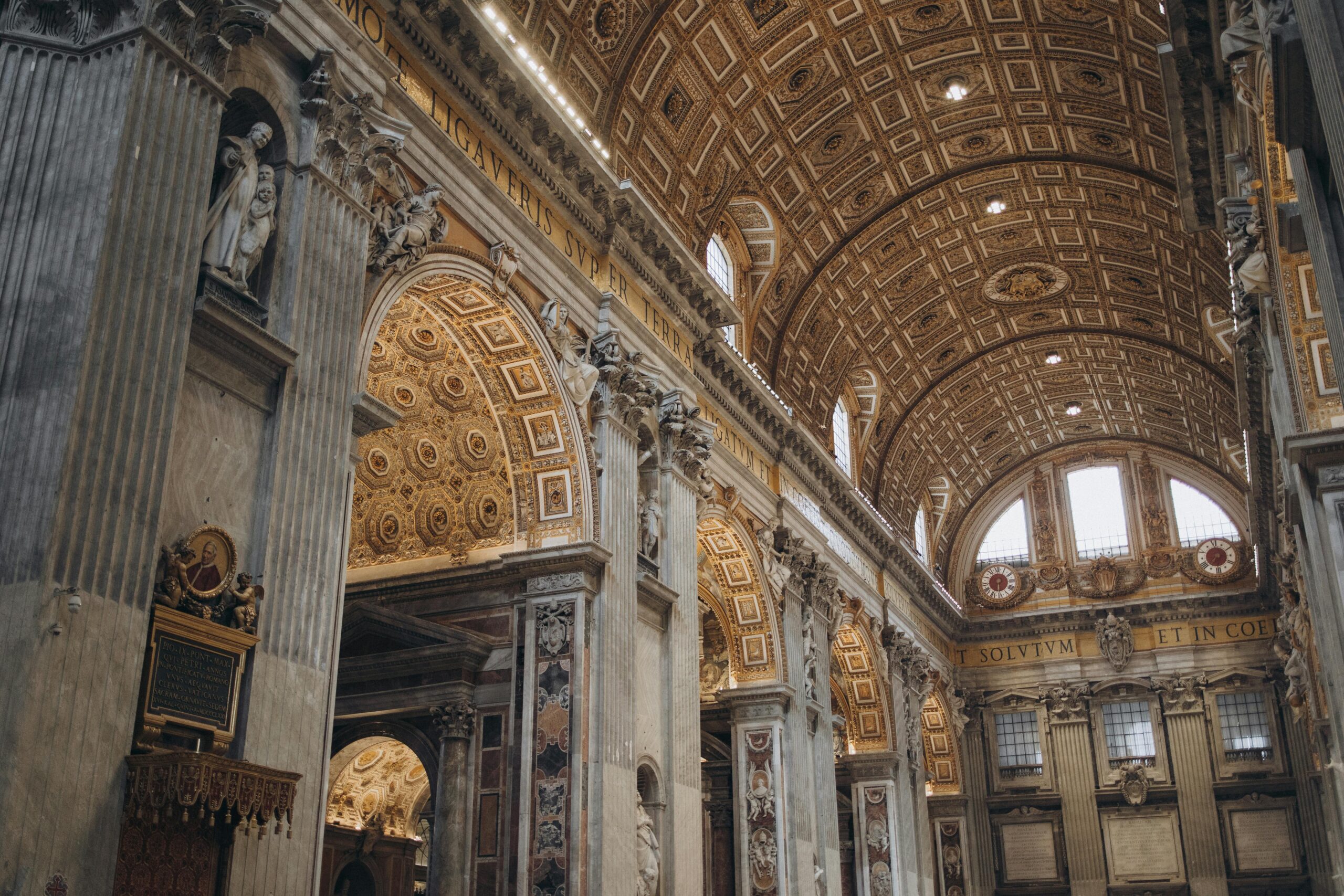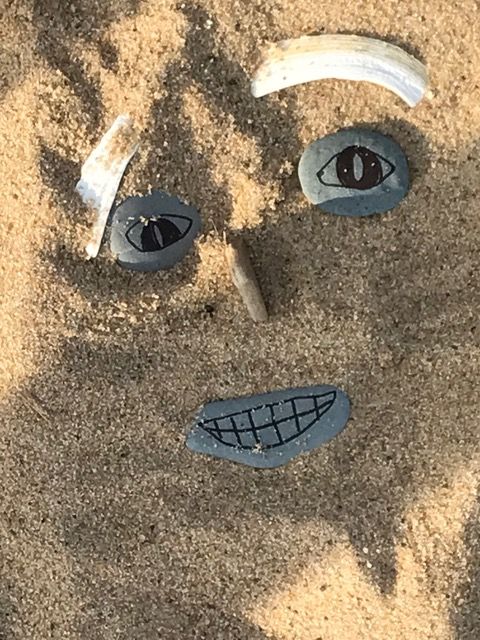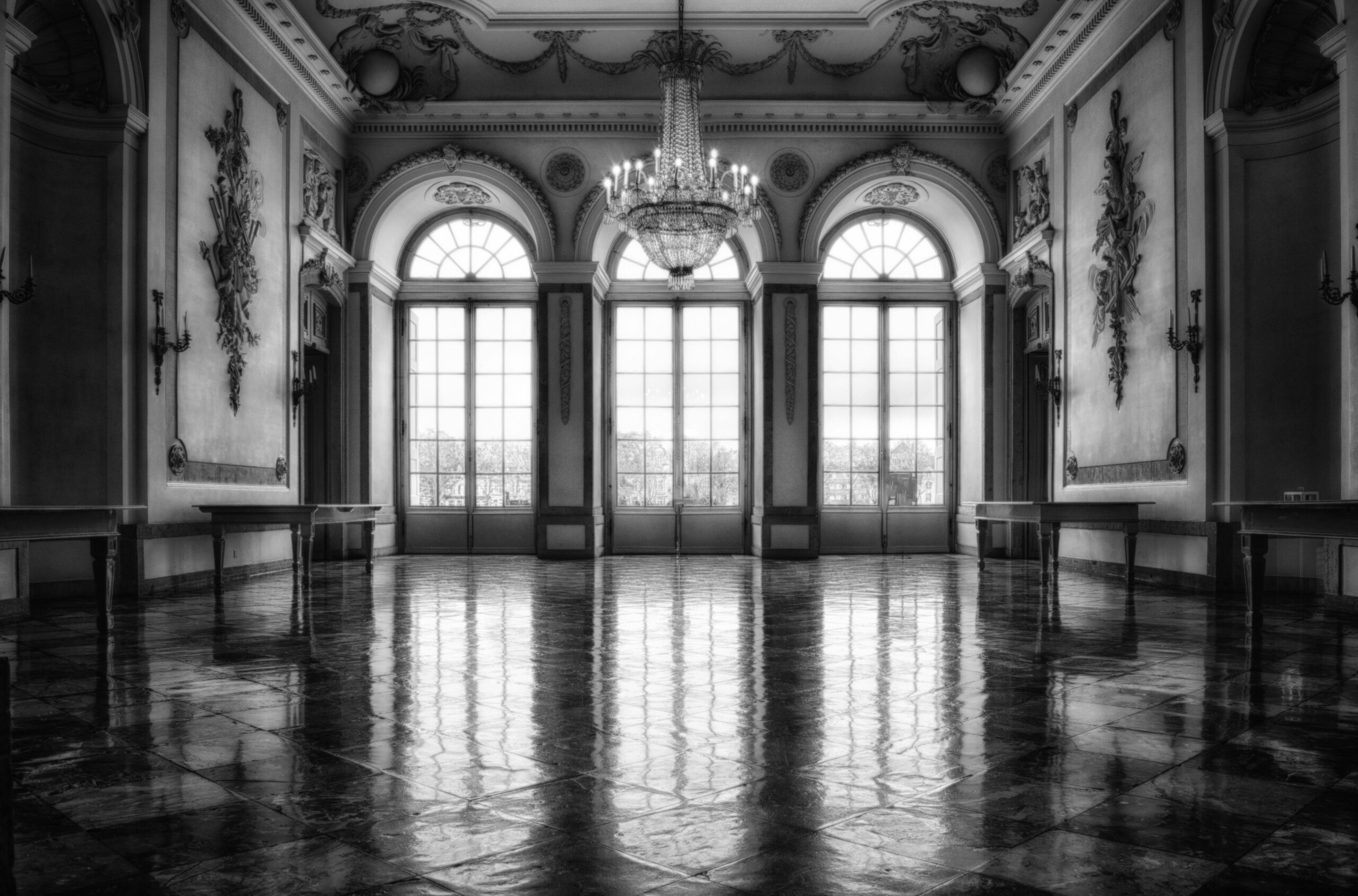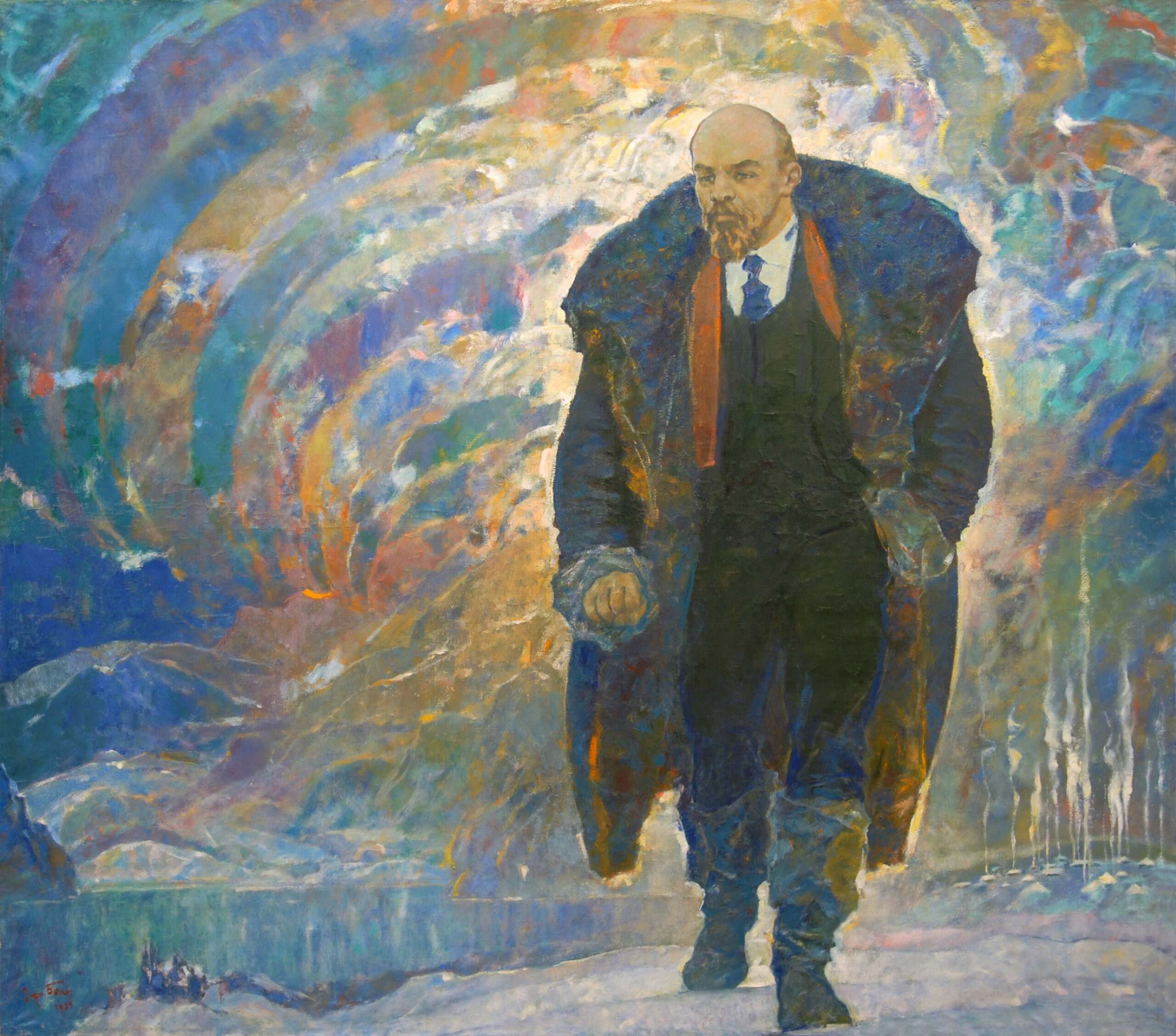By MATT W. MILLER
My dad could be tough and distant
and push a little too hard into what hurt
but if God pulled that Isaac shit on him,
saying “I want you to sacrifice your son
for me” it never would have got as far
as me strapped to some Moriah altar.
If I was nearby, he’d tell me to go inside.
Then, he’d resign, curtly quit, from God,
flick a Lucky at the old man’s feet, and
walk away. Later, I know he’d joke,
“That fucking guy? He couldn’t spell God
if you spotted him the G and the D,”
making me laugh even if behind his eyes
he was making peace with perdition.
[Purchase Issue 30 here.]
Matt W. Miller is a poet, essayist, teacher, and author of Tender the River, The Wounded for the Water, Club Icarus (winner of the Vassar Miller Prize in Poetry), and Cameo Diner. A former Walter E. Dakin Fellow and Wallace Stegner Fellow, he lives in coastal New Hampshire with his family.
